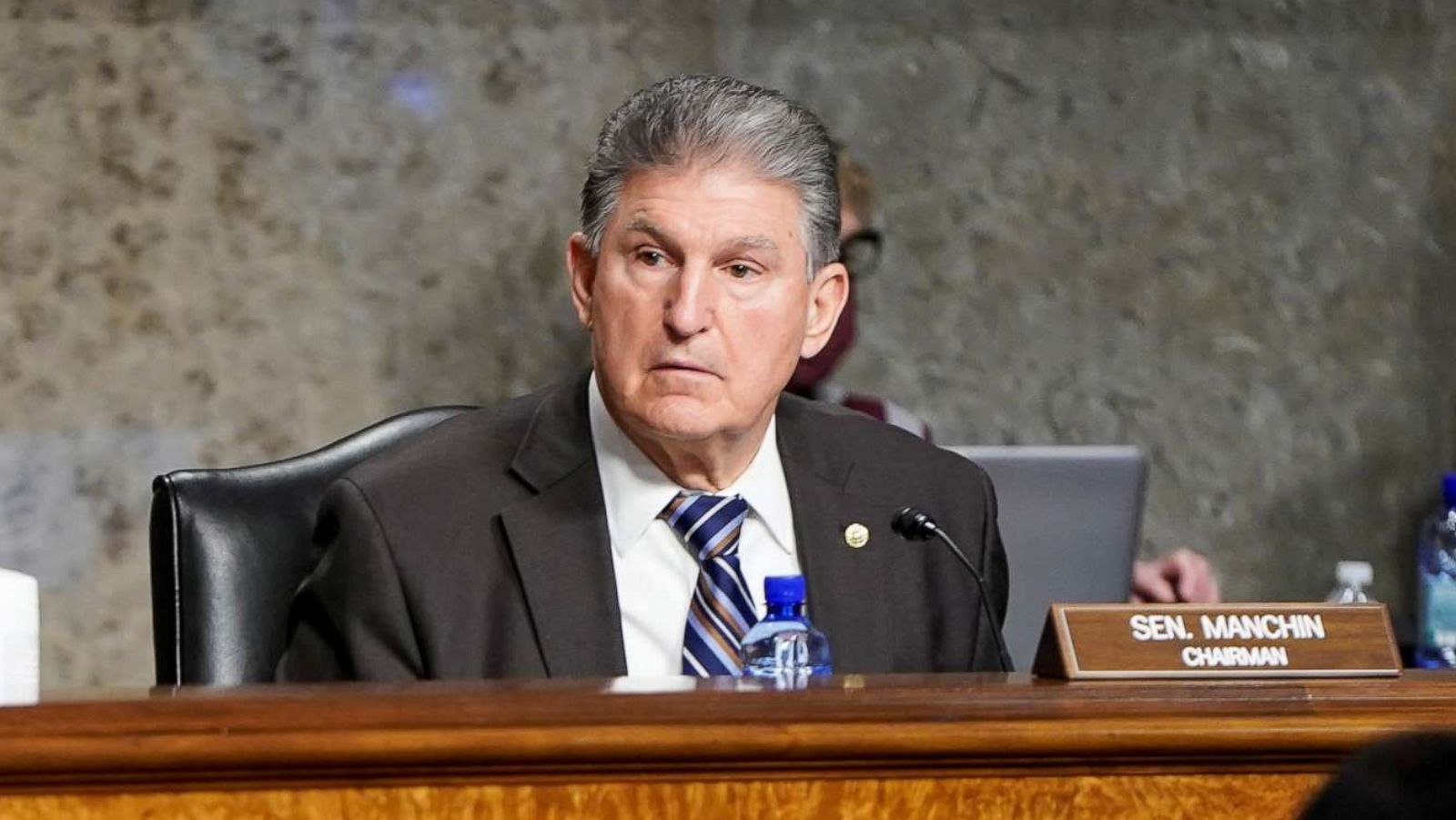With President Biden’s sweeping $1.9 trillion Covid relief package on the precipice of passage again in the House of Representatives, the last few weeks have taught us about how Congress may function for at least the next two years. The House passed the bill previously, but the House version was held up in the Senate as holdouts like Democrat Joe Manchin (WV) demanded some pruning of the bill’s spending surrounding unemployment benefits. Why Manchin chose that issue, and not some of the other debatable spending items in the bill, remains somewhat of a political mystery.
Negotiations ground to a halt last week as Manchin demand some scaling back of unemployment benefits from $400 per week to $300 per week, with some other limitations. The difference of arguing over $100 weekly seems petty, but Democratic leadership was expecting the battle before securing passage in the Senate:
Democrats were stalling to work out a big, predictable problem known as Joe Manchin.
Democrats had been attempting all week to work out internal disagreements on the bill before it came to the floor. They reached a deal on (odd) new limits for direct payments. And on Friday morning, they announced they had reached a deal on enhanced unemployment benefits, trimming the weekly amount from $400 to $300, but extending the duration to October and saving people from surprise tax bills come April.
The problem with the Friday morning deal, met with great fanfare upon its announcement by the White House and committee chairmen and Democratic leaders, was that Joe Manchin had not agreed to it.
What did Manchin get for digging in his heels? Lower unemployment benefits and a scaling back of the stimulus check income thresholds:
Around 8:10 p.m., after a final meeting between Manchin and Chuck Schumer, a deal (“accepted by Joe Manchin,” as a Democratic aide was sure to note) was announced. It would basically do everything that the “deal” reached earlier among Democrats would do, except the enhanced unemployment benefits would expire at the beginning of September instead of the beginning of October, and an income cap would be placed on those for whom unemployment benefits would be non-taxable.
While the Covid bill, called the “American Rescue Plan,” is being hailed as a political victory for Biden. In truth, regardless of what passed, or how it passed, it would be labeled a victory so that is no surprise. What is surprising, however, is how much of a fight Manchin put up to basically limit spending programs that would benefit his constituents and his party.
The end results will be lowered unemployment benefits, and fewer families receiving stimulus checks than received them just back in December under President Trump.
To truly claim victory on the Covid bill, the Biden administration will now be embarking on a quest to sell the bill to the public and media, something that Rep. James Clyburn said President Obama failed to do with the American Recovery and Reinvestment Act in 2009:
“There are a lot of people who use the term ‘victory lap’ in a derogatory way. I’ve already heard people saying that Biden is about to take a victory lap. Well, that’s a lot of crap,” said House Majority Whip Jim Clyburn (D-S.C.), a close Biden ally. “One of the—if not the biggest—mistakes that Obama made, in my opinion, was getting the Recovery Act done and not explaining to people what he had done.”
With his Senate demands, and determination to cut some spending from the bill, Manchin managed to anger progressives in his party who see him as a roadblock moving forward:
While Manchin did extract concessions on the timeline for extended unemployment benefits, he was able eventually to vote for what is essentially a liberal bill despite coming from a state that ex-President Donald Trump won twice with massive majorities. And progressives who were dismayed by the removal of a hike in the federal minimum wage to $15 an hour elected to bank their gains, staying behind the effort and vowing to fight another day.
This story will play out repeatedly in the coming months. The House will pass legislation that will end up dying or being scaled back in the Senate, often at the hands of Democrats. Senators like Manchin and Kyrsten Sinema, of Arizona, another somewhat moderate Democrat, will not be willing to rubber-stamp progressive legislation coming from the House.
As the UK Guardian put it, Joe Biden sits in the White House, but Joe Manchin runs the Presidency:
We can see this opportunity in the current wrangling over a $1.9tn Covid relief package, where Manchin has successfully pressured the executive branch to support further limiting eligibility for survival checks, devising a phase-out policy so absurdly punitive that even reliably partisan Democratic pundits and centrist thinktank wonks can’t support it.
The payments – which are $1,400 instead of the $2,000 people were promised – will likely now go to 17 million fewer people than the last round of checks under Donald Trump, as a result of Manchin’s handiwork.
The reason Manchin has become the legislative center of gravity is obvious if unstated: the implicit threat is that if he doesn’t get exactly what he wants, he will cast a decisive vote against the final bill, killing it in one fell swoop because there will almost certainly be zero Republican votes for final passage, no matter what is in the legislation.
Manchin’s schtick will not work forever, and it won’t work on every bill, but it will garner him attention and create a need for his party to “kiss the ring” every time it wants to pass something he doesn’t like.
In future legislation, such as a massive infrastructure bill on the horizon, it’s more important to ask how Joe Manchin plans to vote aside from practically anything else.
Donate Now to Support Election Central
- Help defend independent journalism
- Directly support this website and our efforts
